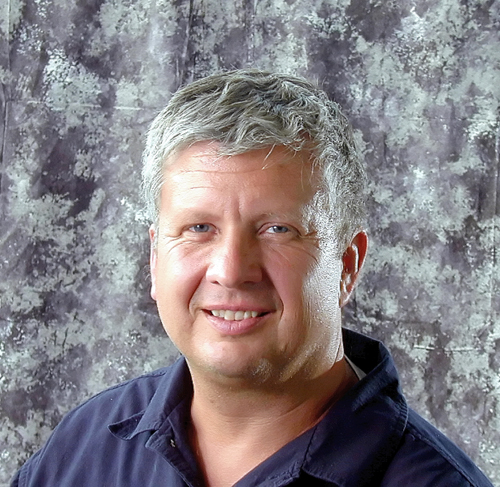By Krystin Dean, The Linc
Dr. Tom Cooper presented an overview of 25 years of research of ethical universals and concerns called “Media Ethics from Soup to Nuts: Research International, Indigenous, and American” on October 8 in the Cargill Lecture Theatre. Tom Cooper discusses the importance of morals in the media, the benefits of teaching, and being nominated for a Nobel Peace Prize.

Krystin Dean: You are a playwright, composer, author… and a pioneer in the field of media ethics. How did this topic become an important field of pursuit?
Tom Cooper: I’ve always had a great concern about the human conscience and about survival of humanity and of all species, and a very deep love of philosophy. All of that put together typically leads a person to the consideration of the study of moral reason-how you make moral decisions, especially those that are confusing or complex or shades of gray.
As an undergraduate, I put together the first undergraduate degree at Harvard in communication and so I was studying philosophy at the same time and the natural way to combine philosophy with communication is to consider the ethics of
communication.
KD: You are currently a professor of Visual and Media Arts at Emerson College in Boston, Massachusetts, and you have taught at various US universities including Harvard. What made you decide to teach?
TC: I had extremely inspiring teachers. Even when I was a young man and a teenager, I was fortunate to always have at least one or two great teachers, so I always saw that not as a demeaning or a low-paying field the way some people do, but as a source of future leadership and identifying future leaders.
KD: Why do students need to learn about media ethics?
TC: It’s a much deeper responsibility that they have. Never before in human history have we faced the elimination of all life. Just as the economy is crumbling at this time, all life is crumbling.
Should a journalist be only covering celebrities, or should they be talking about serious issues and helping people understand them? The media certainly has a major role to play in the seriousness of this time.
But above and beyond all that, I think there’s something deeper most people feel that beyond sports and entertainment and so forth, they have a purpose.
And so the question is can that purpose lend to the humanitarian and humane effort of other human beings, or will that purpose be strictly self-centred which will lead to the decline of the species. I personally want to, as best I can, add to the inspiration and quality of human life and other life despite the downward trend.
KD: You have served as the co-publisher or editor of Media Ethics for the last 15 years. Could you tell me more about this successful journal?
TC: The first S.U.M.M.I.T conference we had brought together leaders in media ethics who were academics and professionals who felt that ethics should be talking to each other and minimising each other’s work and avoiding duplication, and so by working together they would all have a great deal of time to begin to coordinate their
activities.
And one of the first necessities in coordinating those activities was some kind of service that would allow us to know who was doing what and to publicise and support each other rather than being competitive. So the point of the newsletter was to be more collaborative, inspirational, cooperative, and to make sure the good name of ethics was broadcast far and near.
KD: What was it like being co-nominated for a Nobel Peace Prize in 1988 after founding the Association for Responsible Communication?
TC: It was very humbling. I was only 30 years old at the time, so I was quite surprised and delighted. It’s often about being in the right place at the right time. Fortunately, there was a large team of people involved, so we could kind of buffer each other from the shock of it all and enjoy it.
